Uncategorized
-
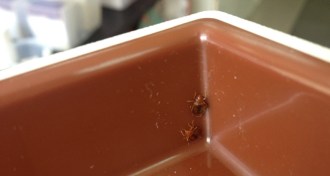 Animals
AnimalsTropical bedbugs outclimb common species
A study of bedbug traps and feet names finds that tropical bedbugs are much better at scaling slippery walls than common bedbugs.
-
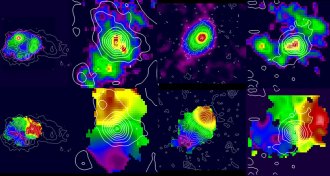 Astronomy
AstronomyDistant galaxies lack dark matter, study suggests
Slower-than-expected velocities of stars in distant galaxies, if confirmed, could reshape astronomers’ ideas of galaxy formation and evolution.
-
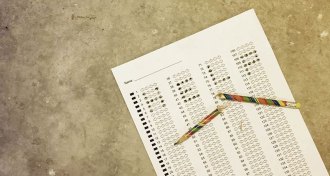 Neuroscience
NeuroscienceMaking a mistake can put your brain on ‘pause’
When there’s not much time to recover, one error can lead to another.
-
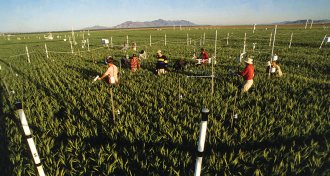 Climate
ClimateChanging climate could worsen foods’ nutrition
Climate change could aggravate hidden hunger by sapping micronutrients from soils and plants, reducing nutrition in wheat, rice and other crops.
By Susan Milius -
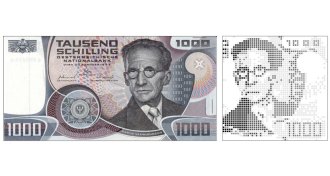 Quantum Physics
Quantum PhysicsQuantum counterfeiters might succeed
Physicists demonstrate security issue with quantum cash.
-
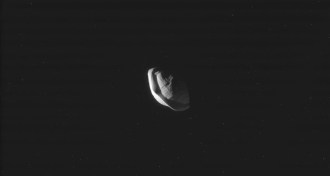 Astronomy
AstronomySaturn’s moon Pan looks like ravioli
Photographs taken this week by NASA’s Cassini spacecraft provide a closer view of Saturn’s small moon Pan, which resembles ravioli.
-
 Genetics
GeneticsHow to grow toxin-free corn
Corn genetically altered to produce specialized molecules may prevent a fungus from tainting it with carcinogenic toxins.
-
 Physics
PhysicsA slowdown at the sun’s surface explained
Light escaping from the sun could slow the spinning of its surface layers.
-
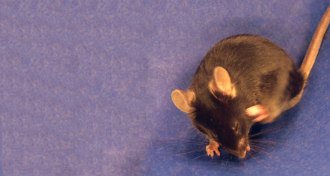 Neuroscience
NeuroscienceScratching is catching in mice
Contagious itching spreads by sight mouse-to-mouse, and scientists have identified brain structures behind the phenomenon.
By Susan Milius -
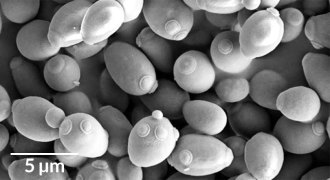 Genetics
GeneticsScientists move closer to building synthetic yeast from scratch
Scientists have created five more synthetic yeast chromosomes.
-
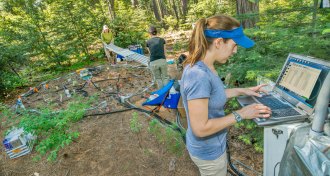 Earth
EarthWarming soils may belch much more carbon
New measurements suggest soils below 15 centimeters deep could play a sizable role in boosting carbon emissions as the planet warms.
-
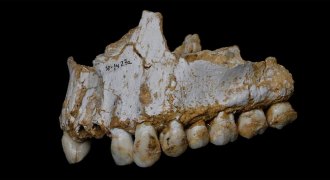 Archaeology
ArchaeologyAncient dental plaque tells tales of Neandertal diet and disease
Researchers have reconstructed the diet and disease history of ancient Neandertals.